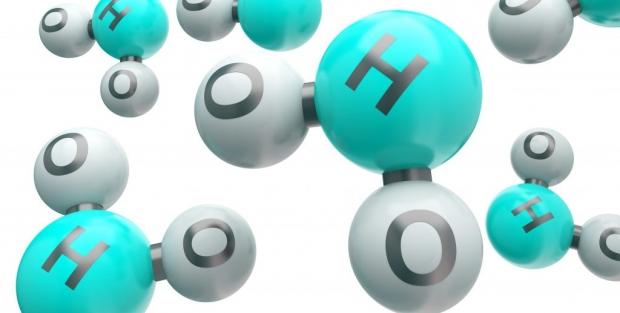While wide-spread pollution free energy might sound like pipe dream when thinking about how many facets of the world economy uses fossil fuels, we might not actually be that far away from it.
A Canadian group of engineers recently published a new paper detailing a method humans could extract hydrogen from oil sands and fields. This new method could enable a large-scale adoption that would ultimately cause a domino effect into energy market, making it extremely cheap to capture hydrogen instead of expensive. The researchers inject oxygen into the oil fields which then raises the temperature and liberates the hydrogen, filters are then used to separate the hydrogen from the other gases that are present.
The commercialization of this new method is already taking place and, Grant Strem, CEO of Proton Technologies has given a statement regarding the discovery "This technique can draw up huge quantities of hydrogen while leaving the carbon in the ground. When working at production level, we anticipate we will be able to use the existing infrastructure and distribution chains to produce H2 for between 10 and 50 cents per kilo. This means it potentially costs a fraction of gasoline for equivalent output".
Strem continues and explains that instead of having massive purification facilities we will be using the ground as a purifier. "What comes out of the ground is hydrogen gas, so we don't have the huge above-ground purification costs associated with oil refining: we use the ground as our reaction vessel. Just taking Alberta as an example, we have the potential to supply Canada's entire electricity requirement for 330 years (Canada uses around 2.5% of the world's electricity-around the same amount as Germany, and more than France or the UK)."
He finalized by saying "Our initial aim is to scale up the production from Canadian oil sands, but in fact, we anticipate that most of the interest in this process will come from outside Canada, as the economics and the environmental implications make people look very hard at whether they want to continue conventional oil production. The only product of this process is hydrogen, meaning that it the technology is effectively pollution and emission free. All the other gases remain in the ground because they cannot go through the hydrogen filter and up to the surface."
Before hydrogen adoption is rolled out globally, Professor Brain Horsfield of the German Research Centre for Geosciences said "The research is highly innovative and exciting. It's an adaptation of some 1970's fire-flood production concepts, but tuned to a modern day perspective. Declining oil field production infrastructures now stand to get a new lease of life. Extensive field testing will be crucial in assessing how the system works on industrial scales and over time".



